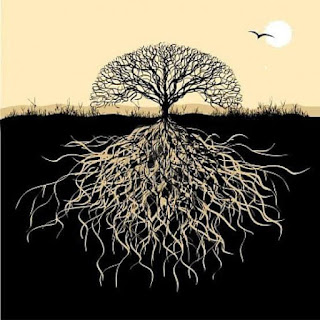( these are merely self researched musings)
—————————————————————
“A key element is recognizing the limit of one’s knowledge or ability and then figuring out how to expand that knowledge or extend the ability. Those who know their strengths and weaknesses in these areas will be more likely to “actively monitor their learning strategies and resources and assess their readiness for particular tasks and performances” (Bransford, Brown, & Cocking, p. 67).
I read this in an article and it stated that meta cognitive processes ( Metacognition includes a critical awareness of a) one’s thinking and learning and b) oneself as a thinker and learner) enable people to realise the limitations of their knowledge or ability and then expand upon it.
This got me thinking on how often do we think about how we think and whether thinking faithfully would differ from thinking faithlessly.
Which of course led my mind to wander through all the fiqhi debates I had read on different topics of my faith Islam.
Fiqh by the way is also a somewhat refined meta cognitive process to ponder, reflect and deduct rulings from the Quran and hadeeth. I don’t have any extensive knowledge of fiqh but as far as I have understood the process by reading from secondary sources debating on the practice and understanding of fiqhi experts. The most significant of all aspects in the process that became obvious was this key element mentioned above.
The intellectual humility to accept ones limitation.
This acknowledgment in fiqh has reason embedded purely in faith. Muslim jurists used to take brave decisions not because they always knew but mostly because they understood that they cannot know everything and they have to utlise with faith and tawakul only what they have understood.
This is significant because intellectual humility in different jurists resulted in different approaches.
1. One approach brought flexibility. Flexibility in practice due to the unrelenting contexts.
2. The other approach brought rigidity. Rigidity in practice due to the same unrelenting contexts.
Whatever the reason for these differences which are already quite well researched and stated in various textual sources. The point for me was to understand which approach helped the jurists to be more progressive.
What was progressive to them?
Was it different from what we define as progressive?
How different are our definitions?
What guided their definitions?
What guides ours?
Still in search. 
Saima Sher Fazal

Comments